31 Fascinating Facts About African-American History

Introduction
African-American history is a sweeping epic filled with countless stories of incredible bravery, brilliance, and perseverance in the ongoing fight for equal rights and representation. From the first Africans that arrived in America before the dawn of slavery, to the millions that suffered under the cruelty of bondage, to the activists that rose in defiance of racial oppression, to the scholars, writers, scientists, inventors, sports icons, entrepreneurs and entertainers that have etched their names into the fabric of American culture—the history of Black Americans is woven intricately into the broader history of the United States.
This rich historical tapestry deserves to be studied, honored, and preserved as an integral chapter in the American story. African Americans have made invaluable contributions and sacrifices since the nation’s founding, helping drive social and cultural change and expand the meaning of freedom and opportunity for all. Their history is American history, though it has not always received the same levels of prominence, exploration, and celebration that it deserves.
In that spirit, here are 31 fascinating facts about pivotal events, courageous individuals, and important moments in African-American history that every American should know. This list is just a glimpse into 400 years of black history, but it provides perspective on the struggles, accomplishments, and ongoing fight for equal representation that has shaped the black experience in America. From breaking racial barriers to protesting oppression, from military heroes to groundbreaking authors and scientists, these little-known facts help honor the past and offer hope for the future.
1. The First Africans in America Were Not Slaves
The first Africans arrived in Virginia in 1619, before slavery was established in the colonies. They were indentured servants, similar to many of the white settlers at Jamestown. Some eventually earned their freedom and became landowners and even slave owners themselves.
2. 10-15 Million Africans Were Enslaved During the Transatlantic Slave Trade
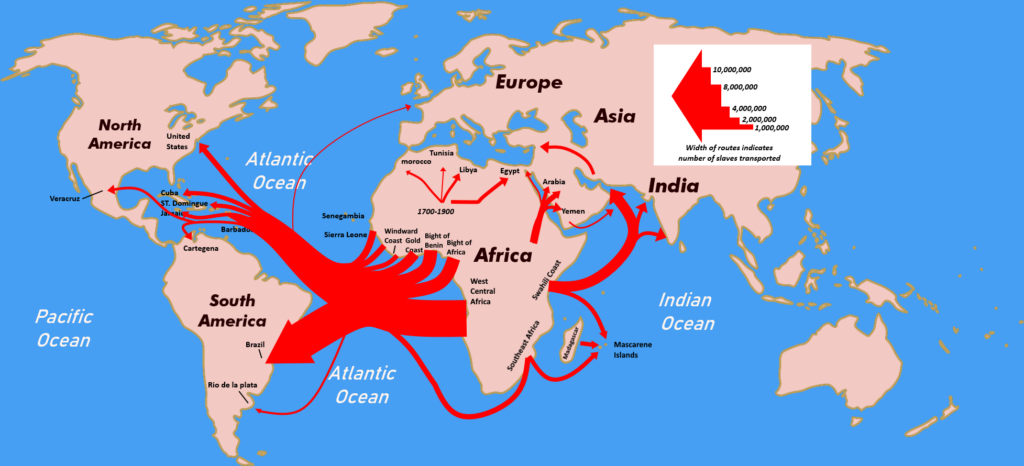
Between the 16th and 19th centuries, European slave traders forcibly removed Africans from their homelands, transported them across the Atlantic in the horrifying Middle Passage, and sold them into slavery in the Americas. Estimates range from 10 to 15 million people.
3. The First Legal Slave Owner in American History Was a Black Man
In 1654, Anthony Johnson, a free black Angolan who had been an indentured servant himself, was granted ownership of John Casor, another black indentured servant. This marked one of the first legal sanctions of slavery in the American colonies.
4. 4 of the First 5 American Presidents Were Slave Owners
George Washington, Thomas Jefferson, James Madison, and James Monroe all owned slaves. John Adams did not. Washington freed his slaves after his death, the only Founding Father to do so.
5. The Underground Railroad Helped 100,000 Enslaved People Escape
Neither underground nor a railroad, this informal network of secret routes and safe houses helped approximately 100,000 enslaved people escape to freedom between 1810-1850. Prominent conductors included Harriet Tubman and William Still.
6. More Than 180,000 Black Soldiers Fought for the Union in the Civil War
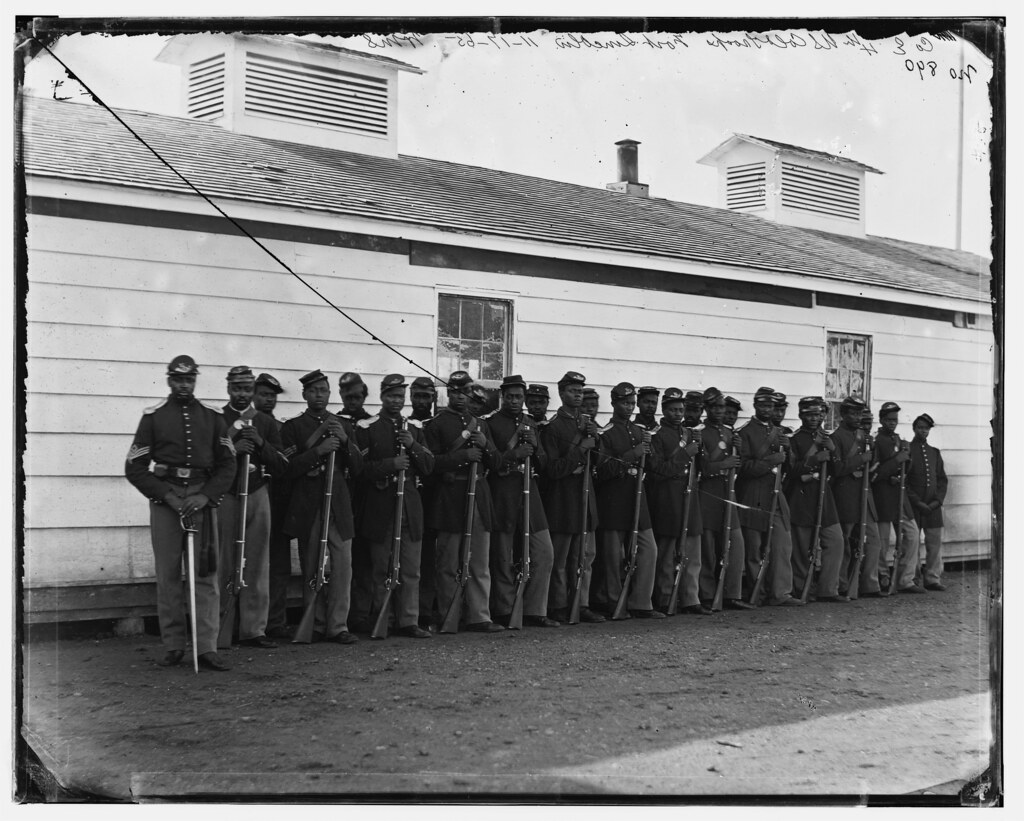
Both free blacks and escaped slaves fought bravely in the Union Army’s United States Colored Troops division. More than 37,000 died. Their efforts helped turn the tide toward Union victory against the Confederacy.
7. The Freedmen’s Bureau Established 4,000 Schools for Freed Slaves After the Civil War
To aid newly freed blacks in the post-Civil War South, the Freedmen’s Bureau helped establish schools and offered legal assistance, food, housing, medical care, and employment contracts with private landowners.
8. The Black Codes Imposed Legal Segregation After the Civil War
When slavery officially ended, white southerners passed discriminatory Black Codes to maintain control over freed blacks, preventing them from voting, owning property, testifying against whites, or having weapons.
9. Ida B. Wells Campaigned Fearlessly Against Lynchings

A pioneering investigative journalist, Ida B. Wells documented lynchings and their connection to racist terrorism in the late 19th and early 20th centuries. She co-founded the NAACP in 1909.
10. The Great Migration Saw 6 Million African Americans Move Northward
From 1916 to 1970, six million blacks left the oppressive Jim Crow South for jobs and less discrimination in northern & western cities, in one of the largest internal migrations in history.
11. Zora Neale Hurston Documented Black Culture in Their Own Words
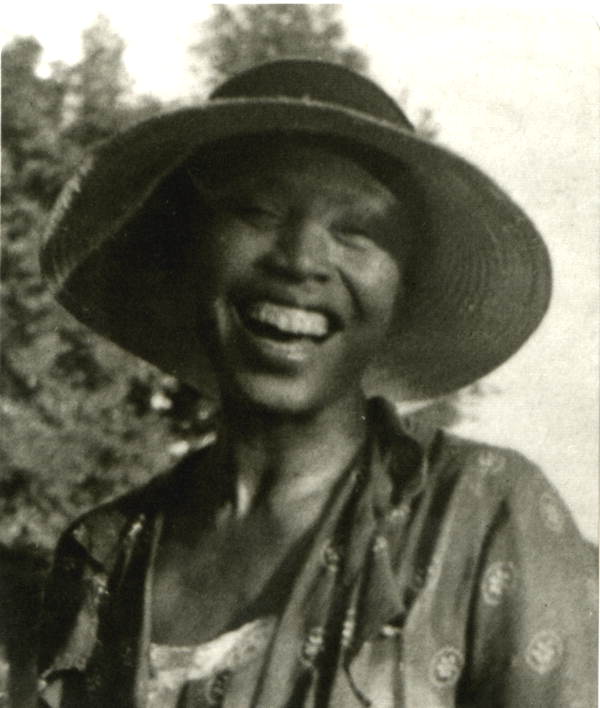
A pillar of the Harlem Renaissance, Zora Neale Hurston preserved authentic African-American folklore through books like Mules and Men and Their Eyes Were Watching God. She celebrated black culture and identity.
12. Langston Hughes Captured the Black Experience Through Poetry
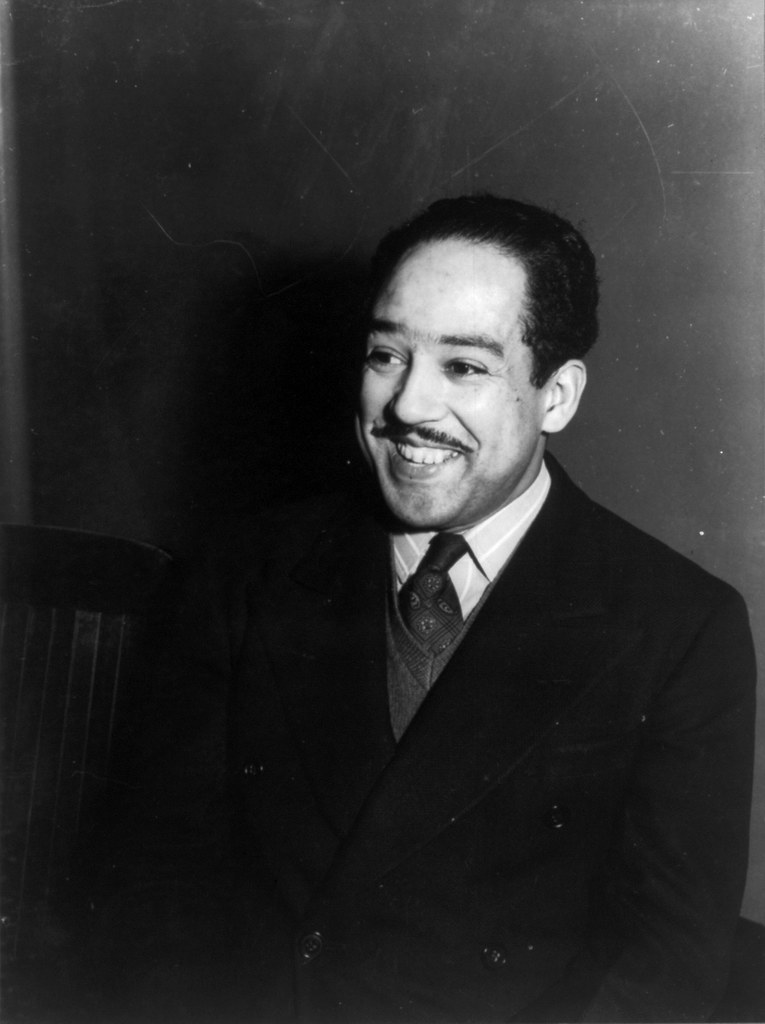
Langston Hughes gave a poetic voice to the struggles and hopes of being black in America through poetry. Works like “The Weary Blues” and “I, Too” resonated powerfully during the Harlem Renaissance.
13. Michael Jackson Broke MTV’s Color Barrier
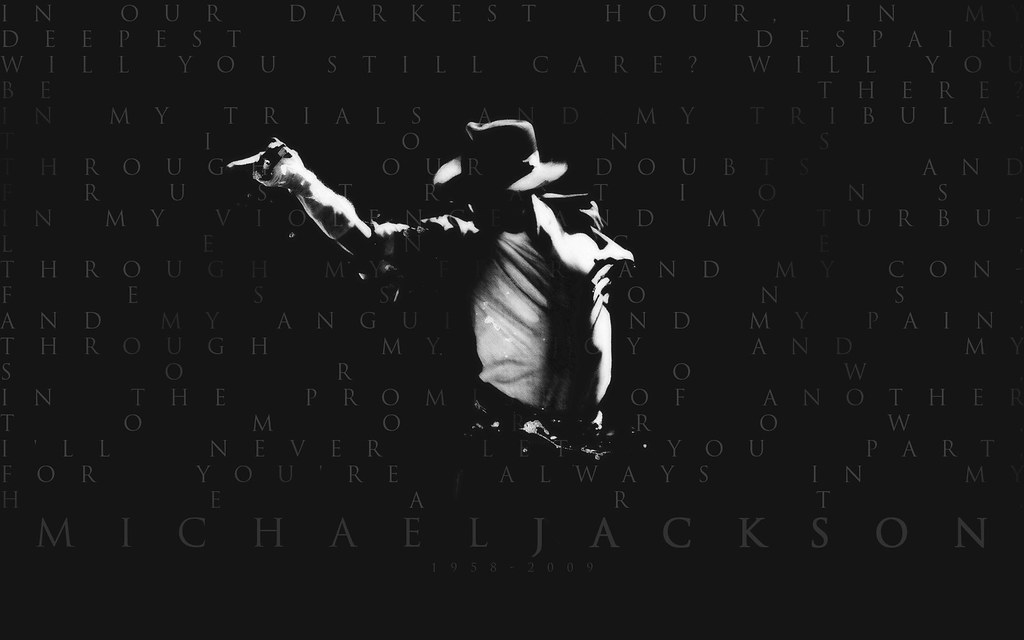
Michael Jackson’s iconic music videos like “Billie Jean” helped pressure MTV to finally begin airing black artists in regular rotation in 1983, paving the way for future R&B, hip hop, and rap.
14. Madam C.J. Walker Revolutionized Black Hair Care
After suffering hair loss herself, Madam C.J. Walker developed a line of African-American hair care products in 1905 that led her to become America’s first female self-made millionaire.
15. Garrett Morgan Invented the Traffic Signal
In 1923, Morgan patented a traffic signal with a third “warning” light after witnessing a carriage accident. The device helped bring order and safety to busy intersections and city streets.
16. George Washington Carver Pioneered Agricultural Science
Formerly enslaved, George Washington Carver became a professor at the Tuskegee Institute. His innovations with peanuts, sweet potatoes, and soybeans helped revolutionize southern agriculture.
17. Matthew Henson Co-Discovered the North Pole
An accomplished Arctic explorer, Matthew Henson collaborated with Robert E. Peary on the first expedition to reach the geographic North Pole in 1909, though Peary grabbed most of the glory.
18. The Tuskegee Airmen Were Pioneers of Black Military Aviation
The all-black Tuskegee Airmen pilots flew with distinction during World War II, despite facing discrimination. They compiled an outstanding combat record in the European theater.
19. Thurgood Marshall Won the Brown v. Board of Education Case
Before becoming the first African American Supreme Court justice, Thurgood Marshall argued and won the historic Brown v. Board of Education case in 1954, ending legal school segregation in America.
20. Rosa Parks Ignited the Montgomery Bus Boycott
On December 1, 1955, Rosa Parks refused to give up her seat to a white passenger on a segregated bus in Montgomery, AL. Her civil disobedience sparked the year-long bus boycott.
21. Martin Luther King, Jr. Led the Fight for Equality Through Nonviolence
As head of the SCLC, Dr. King strategically organized nonviolent protests, marches, and speeches to fight segregation and achieve civil rights for African Americans, culminating with the March on Washington.
22. Malcolm X Preached Black Empowerment and Pride
A controversial figure, Malcolm X rejected nonviolence and integration, instead advocating black self-determination and empowerment. His teachings gained popularity during the Black Power movement.
23. Muhammad Ali Boldly Confronted Racism in Sports and Society
Boxing legend Muhammad Ali protested racism in America and refused Army induction during the Vietnam War. He became an international symbol of principled resistance to racial oppression.
24. Shirley Chisholm Ran for President in 1972
The first black woman elected to Congress in 1968, Shirley Chisholm was also the first black candidate to seek the nomination for president from a major political party in 1972. She inspired future female presidential candidates.
25. Alice Walker Penned The Color Purple
Alice Walker explored the struggles of African American women in her seminal novel The Color Purple, which won the 1983 Pulitzer Prize for Fiction and was adapted into an Oscar-nominated film.
26. Spike Lee Broke New Ground with His Films on Black Life
Starting with She’s Gotta Have It in 1986, Spike Lee pioneered a new wave of African-American filmmakers and explored contemporary black experiences in movies like Do The Right Thing and Malcolm X.
27. Mae Jemison Became the First Black Woman in Space
An engineer, physician, and NASA astronaut, Mae Jemison became the first African American woman in space in 1992 aboard the space shuttle Endeavour on mission STS-47.
28. Barack Obama Was the First Black President

In 2009, Barack Obama broke the ultimate racial barrier when he became the first African American ever elected President of the United States. He served two terms.
29. Beyoncé Is the Most Grammy-Winning Woman Ever
A dominant force in pop music for over 20 years, Beyoncé set the record for the most Grammy awards won by any female artist or singer with her 28 wins and 79 nominations to date.
30. Black Lives Matter Protested Police Violence
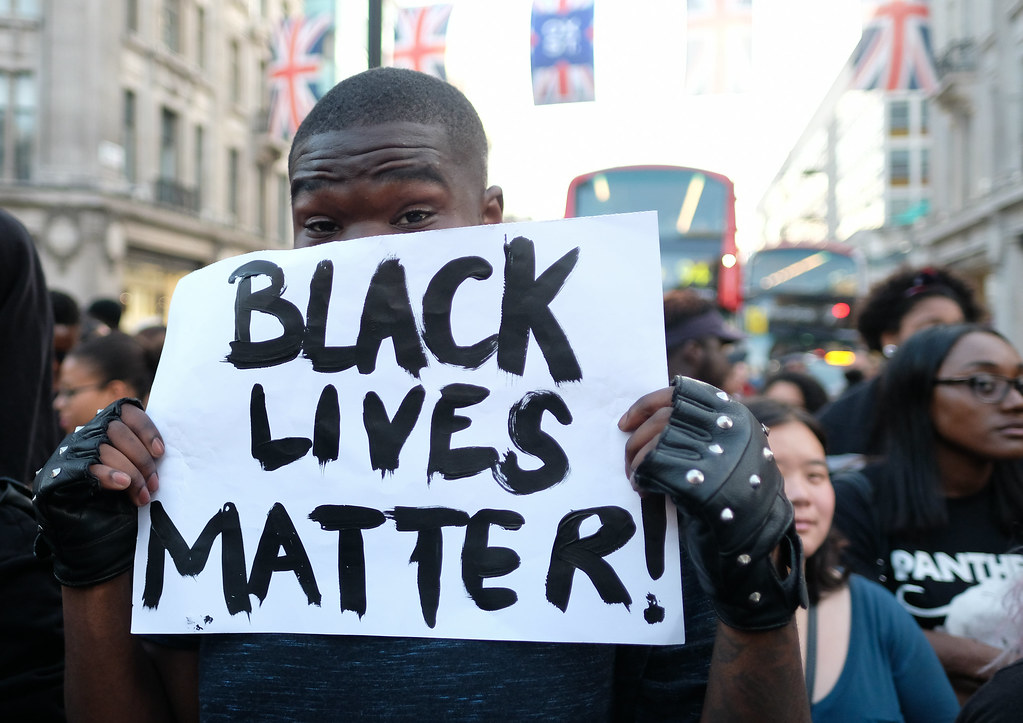
Founded in 2013, the Black Lives Matter movement has organized nationwide protests against incidents of police brutality and systemic violence against African Americans.
31. African American Culture Is Deeply Embedded in US History
Names like Harriet Tubman, Frederick Douglass, Duke Ellington, Jackie Robinson, Toni Morrison, and Kamala Harris only begin to scratch the surface of 400 years of black history woven into the story of America.
Conclusion
The stories, people, and moments highlighted in these facts reveal the hardship, hope, creativity, and perseverance woven throughout African-American history. They remind us how far the country has come in its quest for justice and inclusion, while also showing how far we still have to go. Above all, they pay tribute to the countless known and unknown Black men and women who, through their actions and achievements in the face of adversity, helped move America toward living up to its founding ideals of liberty and justice for all. Though their tales are each unique, collectively they make up the inspiring and continuing story of African Americans, a story that in turn enriches and enhances the history of all Americans.
